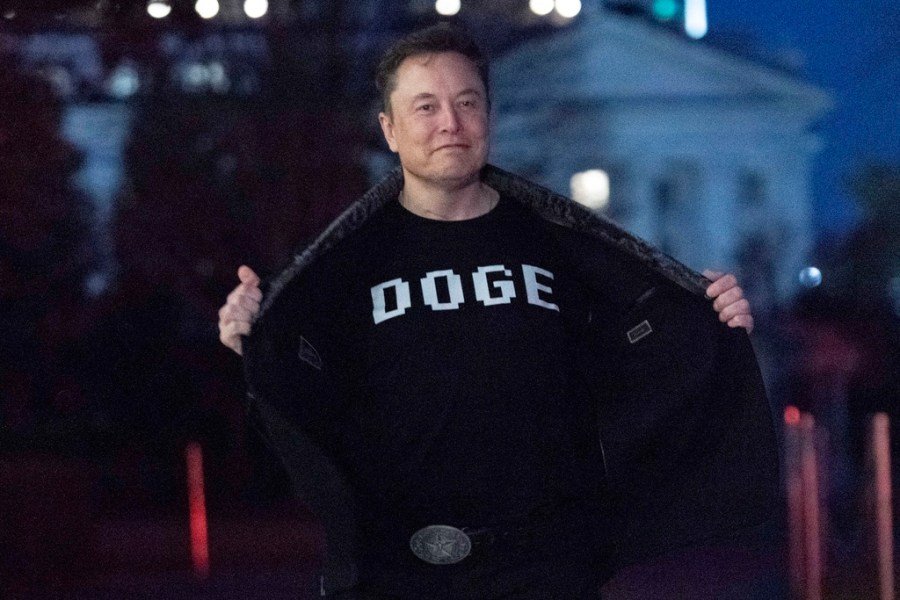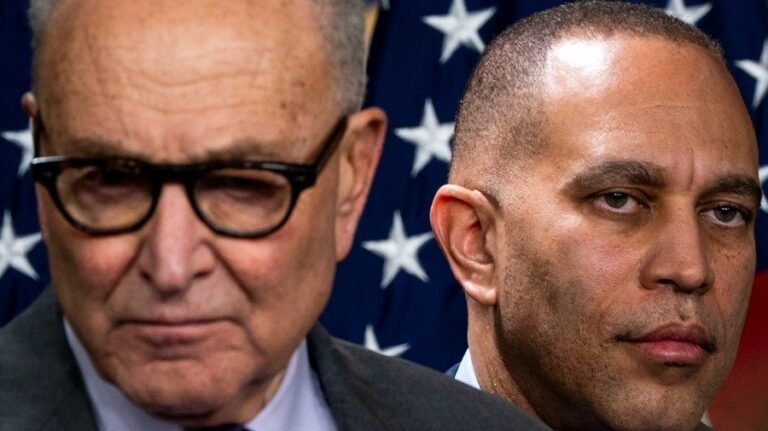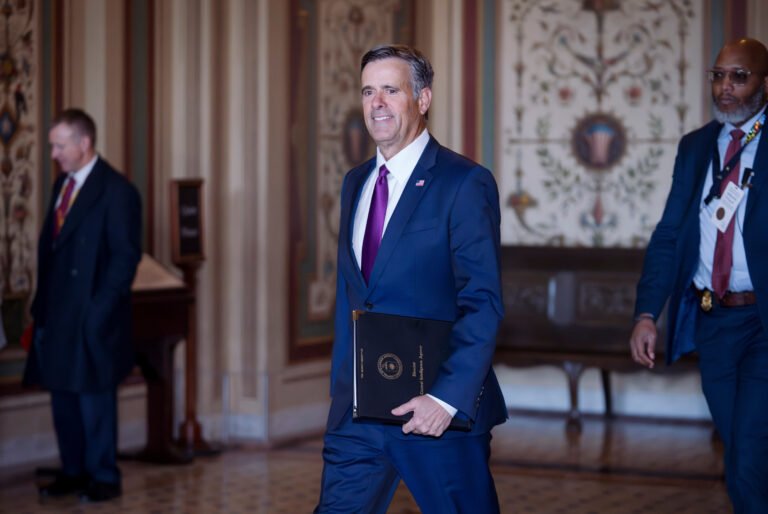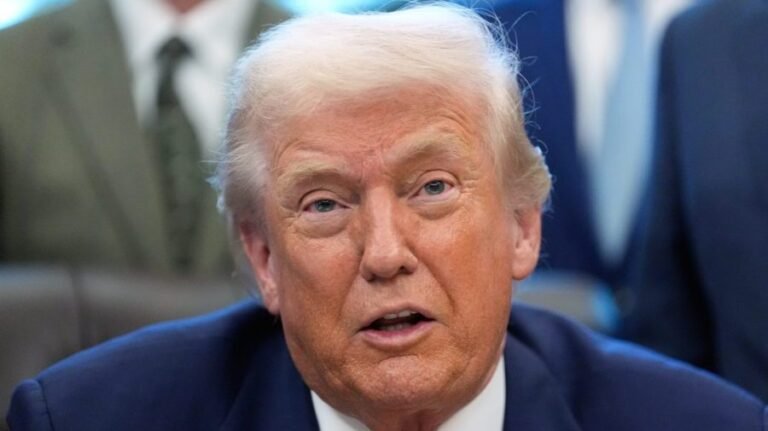
The Department of Government Efficiency is in a hurry. It was famously created with an ethos of “move fast and break things.” It’s been doing a lot of both since coming online less than two months ago. At this writing it has saved $105 billion in taxpayer money.
What does this mean for inspectors general overseeing federal agencies and departments? It means they should get back to basics and physically and bureaucratically separate from the agencies they monitor.
DOGE’s velocity and sharp elbows are attributable to three crucial factors: Elon Musk and his artificial intelligence ninja wunderkinds are outsiders with limited time (DOGE’s commission ends on July 4, 2026) and a single-minded focus on finding and eliminating government waste. They have no reason to pull any punches.
DOGE has eclipsed the federal agency inspectors general who preceded it by 47 years (though a few go back much further), and who will be around long after DOGE’s expiration date.
Depending on the lessons official D.C. chooses to learn from the headline-making interlopers, DOGE and its head-turning results could be a brief interlude in the history of federal oversight, or an epoch-making break with the past.
Since their statutory creation in 1978, inspectors general have identified for recovery, or “better use,” billions of U.S. taxpayer dollars and have successfully pursued cases against fraudsters. But IGs are a relic of a smaller, less complex federal government. The massive growth in government expenditures just in the Biden years has made the current inspector general system obsolete, lacking time and resources to find waste, fraud and abuse and lacking muscle to do much about it when it finds them.
Inspectors general are weighed down by bureaucratic dictates and endless reporting cycles. The IG community needs reform. DOGE offers many takeaways for the inspectors general. Here are three:
First, get out. The practice should end of embedding inspectors general within the agencies they monitor. There are currently 14,000 inspector general personnel buried across 74 federal agencies. They should be co-located in a separate IG headquarters (the government owns dozens of empty buildings in the D.C. metro area). If it makes sense to create a single federal inspector general, so be it.
Removing inspectors general from the agencies — essentially making them de facto outsiders — will make it easier to avoid bureaucratic capture and influence. It will create an esprit de corps and allow inspectors general to collaborate and benefit from colleagues’ experiences. It will create efficiencies for them — for example, a single inspector general hotline to report waste or fraud, rather than 72 of them.
Second, they should “get back.” Return to rooting out waste, fraud and abuse. DOGE has accomplished what it has because of its laser focus. This is at least partly because it hasn’t been in the water long enough to develop the bureaucratic barnacles that foul the hulls of IGs. The current governing and advisory body of for federal inspectors general is the Council of the Inspectors General on Integrity and Efficiency, which was created to “address integrity, economy, and effectiveness issues that transcend individual government agencies and increase the professionalism and effectiveness of personnel.”
That sounds good. But its fiscal 2023 report highlights efforts by a diversity, equity and inclusion committee that issued a “Roadmap for Advancing DEIA” and a “Toolkit for Considering Equity When Conducting Oversight Work” on “how to include equity in oversight work.” The report goes on to tout council’s efforts documenting year-to-year studies on demographics within the inspector general community.
In the same document, members of the inspector general community ranked “Human Capital Management” their second highest focus (51 percent), as opposed to financial management (39 percent), procurement management (37 percent), and grants management (37 percent). Only information technology received a higher focus (74 percent). DEI was goal two of four in the Council of the Inspectors General on Integrity and Efficiency’s Five-Year Strategic Plan.
So Inspector Generals’ priorities might be a little askew. Equity is irrelevant to oversight and investigation. “Advancing DEIA” does nothing to advance the value inspectors general offer taxpayers.
Third, inspectors general need to get real! They do provide value. According to the council’s fiscal 2023 report, inspectors general identified “$82.2 billion in potential savings from audit recommendations” and an additional “$10.9 billion from investigative receivables and recoveries.” Similarly, in 2022, potential savings totaling approximately $70.1 billion were identified and 2021 saw $71.7 billion. Reports from the two years prior to that show similar results.
But notice how much work the word “potential” is doing here. We have no idea how much of this “savings” was, in fact, returned to the U.S. Treasury. Instead, they represent money the agency could or should “… put to better use.” They aren’t real.
Reporting “potential savings,” gives IGs something to show for their time without causing real trouble for the agencies where they must work every day. In similar fashion, police may solve baffling crimes, but unless they make arrests, their job is only half-done.
President Trump has put his weight behind DOGE. Inspector general reform must free up these traditional government watchdogs to cause trouble, even when a president isn’t backing them with so much political capital. Separating inspectors general from their agencies and allowing them to focus solely on finding financial incompetence or malfeasance is a start. It has, after all, worked for DOGE.
Anthony Adkison possesses over 20 years criminal and administrative investigative experience with the federal government as well as managing two federal computer crime and computer forensic programs. Curtis Schube is the executive director for Council to Modernize Governance, a think tank committed to making the administration of government more efficient, representative and restrained. He is formerly a constitutional and administrative law attorney.


